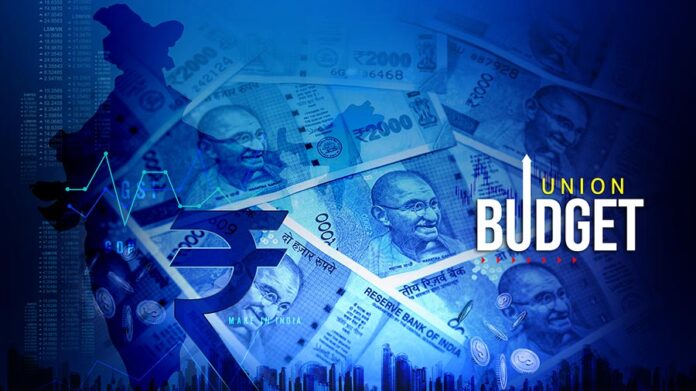New Delhi, January 31, 2023: The health sector in India has been getting attention over the past three years, largely due to the global pandemic. However, much of the funds and on-ground efforts have been focused on Covid-mitigation. While this was must needed given the scale of the pandemic and its severity, other sectors across the health ecosystem have been left out. Progress across domains like primary healthcare delivery, quality of services and infrastructure building, skilling of the health work force has suffered.
Thanks to the success of India’s vaccination effort against Covid-19, our country has bounced back from the pandemic. As we approach the Union Budget 2023-24, the health sector is looking at the government with renewed hope. There are expectations that apart from increased budgetary allocation for various segments of India’s large healthcare sector, due attention will be paid to aspects such as skilling, infrastructure creation and expansion, and the elimination of diseases.
We bring you expectations from the upcoming Union Budget, from some leading voices in the healthcare sector. “We need greater budgetary allocation for healthcare across the primary, secondary and tertiary levels. More funds must be spent on the appointment of staff and on building infrastructure. The Ayushman Bharat Scheme’s ambit must be widened to include orange ration card holders and Indian pharma companies should be encouraged to manufacture new, better drugs,” said Dr. Nilima Arun Kshirsagar, former National Chair of Clinical Pharmacology, ICMR, New Delhi.
“The Union Budget should also incentivise the conduct of high-quality clinical research and clinical trials in India,” she added.
Despite making credible progress against them over the past few years, India continues to harbour a high burden of vector borne diseases. The government can use the budget presentation exercise to underline its priority to fight these diseases.
Pratik Kumar, Country Director, Malaria No More India, expects the government to increase allocation to fight Malaria. “India has set an ambitious goal of eliminating malaria from the country by 2030. While achievable, this road to elimination still stands steep – the country accounted for 79% of the malaria burden in the South-East Asia Region, the highest in the region, as highlighted by WHO’s World Malaria Report 2022. We now need a different and more focused approach as we near our elimination timelines. This goal cannot be achieved solely by the government and requires active participation and support from all sections of society. We hope that the Union Budget 2023-24 prioritizes allocating sufficient resources to Malaria, enabling our nation to achieve the momentous goal and bring us closer to a #MalariaMuktBharat!”
The non-profit sector has been supporting India’s fight against COVID-19 and helped ease the shock of the pandemic on people at the last mile. Non-profit sector workers help the government’s healthcare schemes reach people across this vast country of ours. The sector therefore expects the Union Budget to enhance spending on social development initiatives in the health, skill development, and education sectors to achieve increased ease of living and better overall outcomes.
“India needs to prioritize spending across a range of public welfare sectors such as health, education, and social development. Increased spending in these areas has proven to be a great contributor to enhanced standard of living and human development. Championing causes such as gender equality, livelihood opportunities for youth, climate action and just energy transition is a genuine imperative that deserves attention in the upcoming union budget,” said Naina Subberwal Batra, CEO, Asian Venture Philanthropy Network (AVPN).
The Indian healthcare system is a large network of primary healthcare centres, clinics, and hospitals. Healthcare also comprises medical devices, clinical trials, outsourcing, telemedicine, medical tourism, health insurance and medical equipment.
The Indian healthcare sector is one of the largest employers, as around 4.7 million people are employed in providing healthcare to more than a billion Indians. In Union Budget 2022-23, INR 86,200 crore was allocated to the Union Ministry of Health & Family Welfare. Putting things in perspective, as per the Economic Survey of 2022, India’s public expenditure on healthcare stood at 2.1% of GDP in 2021-22, against 1.8% in 2020-21.
This year Educate yourself and develop your skills with EasyShiksha

































































